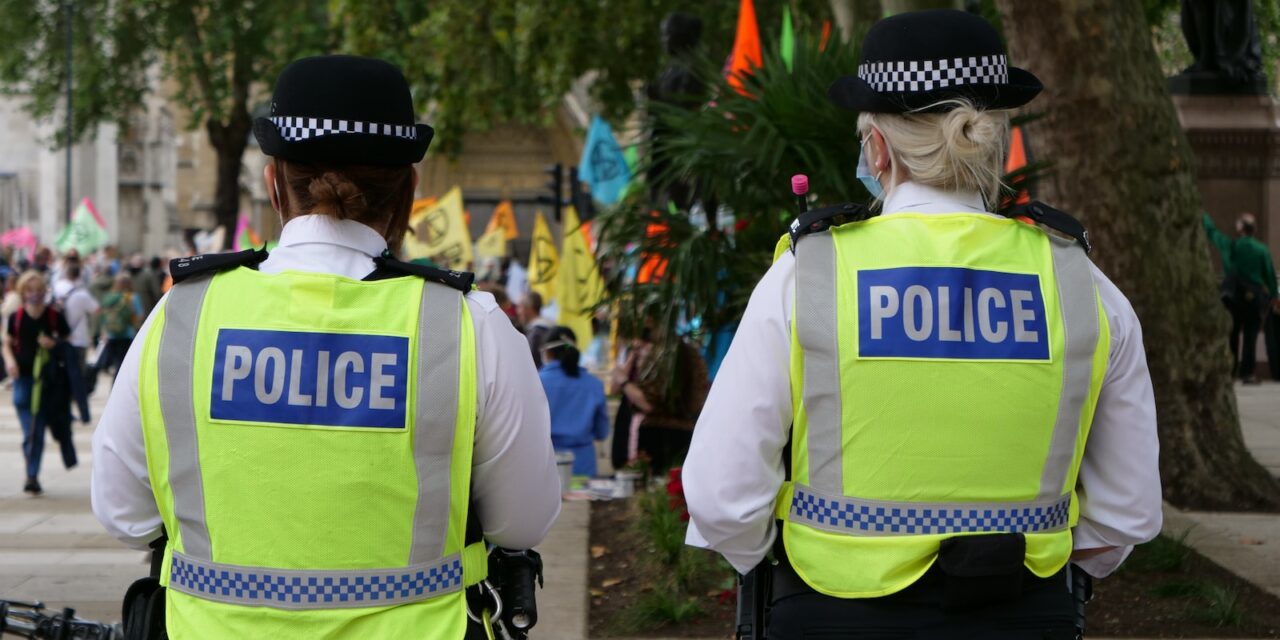The Metropolitan Police’s plan to limit their response to mental health emergencies, only attending if there is an immediate threat to life, has raised concerns among experts and the public alike.
The new rule, set to be implemented in September, aims to redirect police resources towards fighting crime. However, this approach has left many people alarmed about the well-being of those in need of mental health assistance.
Zoe Billingham, an ex-Inspector of Constabulary and Fire and Rescue, who is now head of an NHS mental health trust, said:
The mental health system is stretched to almost breaking point. The idea that mental health practitioners can step into the vacuum left by the police. Well, it’s ridiculous.
Zoe Billingham, ex-Inspector of Constabulary and Fire and Rescue
Ken Marsh, representing the Metropolitan Police Federation, acknowledged the strain on officers who often find themselves waiting for individuals to receive treatment, effectively “babysitting” them. However, he maintained that it is not within the commissioner’s jurisdiction to determine whether officers should attend such incidents.
Sarah Hughes, from the charity Mind, highlighted the complexity of mental health crises and the difficulties in determining whether a life is at risk. She stressed the need for collaboration between the Metropolitan Police and the NHS to develop a comprehensive plan to address these concerns. Hughes said:
The police can only properly help people with the right support from the whole system. The NHS needs sufficient resourcing so that people in crisis are treated quickly and in a therapeutic environment.
Mental health services have been chronically underfunded for decades and much more needs to be done to bring services to the standard where everybody can get the support they need from the NHS.
Sarah Hughes, Mind
The Metropolitan Police emphasised that the primary responsibility for the care of the mentally ill lies with health services. However, experts warn that redirecting mental health calls away from the police will only be effective if adequate funding is directed towards specialist services. Charities welcomed the change in how mental health issues are handled but expressed concerns about the availability of resources to ensure individuals receive the necessary support.
Legal experts also raised alarm about the potential societal “vacuum” resulting from the Met’s withdrawal from dealing with mental health cases. Highlighting high-profile cases such as Sean Rigg and Olaseni Lewis, who died in police custody or following contact with the police, concerns were raised about the lack of mental health expertise among police officers and the disproportionate impact on black individuals.
Deborah Coles, executive director of the charity Inquest, stressed the need for community-based alternatives to policing when it comes to mental health crises. She called for urgent investment in non-punitive mental health care and crisis intervention teams that work collaboratively with communities, providing a more humane and less harmful response.
While Humberside Police implemented a similar policy in 2020, known as Right Care, Right Person, questions have been raised regarding the readiness of London services to fill the gap left by the Met. The urgency to invest in mental health intervention teams and redirect funding from policing to communities and the NHS was emphasised by experts. The concern was raised that without adequate infrastructure and resources, the police cannot simply step away, leaving a void in mental health crisis response.


